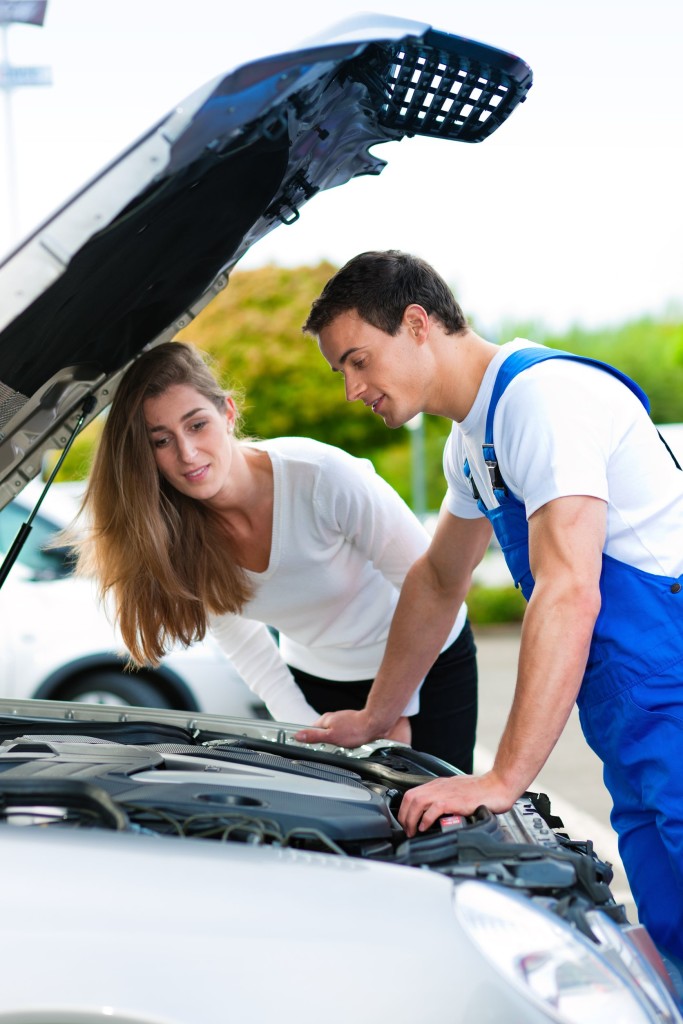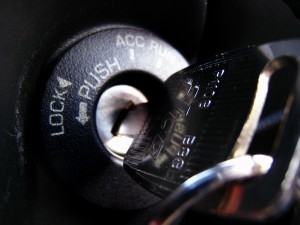 Although they may vary greatly in look, the majority of cars are pretty similar when you look at what makes up the actual vehicle. Because of this, most cars are affected by a lot of the same issues. Today, we take a look at five of the most common reasons your car breaks down.
Although they may vary greatly in look, the majority of cars are pretty similar when you look at what makes up the actual vehicle. Because of this, most cars are affected by a lot of the same issues. Today, we take a look at five of the most common reasons your car breaks down.
1. Bad Battery – Batteries aren’t typically an issue during the warm summer months, but most Minnesotans have had troubles with their car’s battery at one point or another during the freezing winter months, especially if you have to park on the street. If your car won’t start, it may be a battery issue. Check out this post for more information on bad batteries.
2. Belt Blues – Belts are the muscles of your car, as they make the internal components move. Damaged or broken belts are akin to tearing your hamstring – it really hampers your ability to move normally. Unlike muscles, belts won’t get better with rest. Like a lot of mechanical issues, it is much preferred to prevent a broken serpentine belt than fix a broken one, especially since a broken belt can cause major engine issues.
3. Broken Brakes – Although you’ll still be able to drive with bad brakes, as you can imagine, it’s not recommended. Extremely worn brake pads or rotors can make it nearly impossible to stop, which can lead to injury and damage to property. If you hear squealing, rattling, shaking or have problems while braking, take your car into a repair shop immediately.
4. Shot Starter – If you put the key in your car, turn it and hear nothing (or a clicking sound), you may have a problem with your starter. If this happens, try to turn on your car’s interior lights or headlights, as it could be an issue with your battery. If your lights turn on, you know your battery is in good shape, and it’s likely a problem with the starter or relay.
5. Overworked Engine – If your car’s temperature gauge shoots up into the red, your engine may be at risk for overheating. If this happens, turn off the air conditioner and blast your heat. This will help move hot air away from the engine. Once you’re home, check your radiator to ensure it’s full of coolant. If your radiator or engine overheats and breaks down, you’ll have a hefty repair bill on your hands. Keep an eye on your engine’s health.
